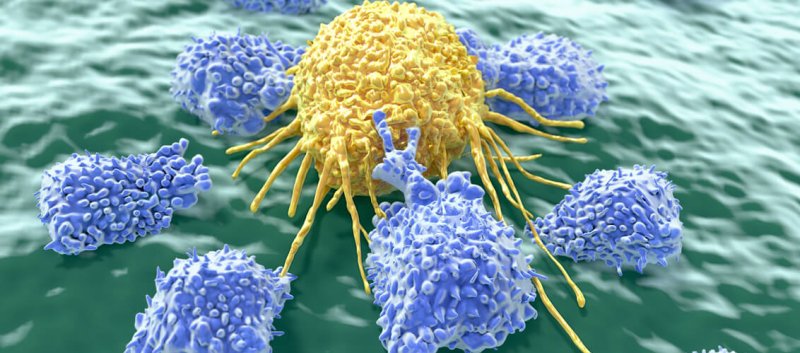A majority of patients who receive CAR-T cell therapy react [with] varying degrees of severity. Those same T cells that are outfitted to attack the cancer can send the immune system into overdrive by instigating a surge of proteins called cytokines into the bloodstream, triggering inflammation. Cytokine release syndrome, as it’s called, can cause high fevers, make patients’ hearts race out of control and send blood pressure plummeting.
…
These side effects are one reason why both therapies are approved for only a narrow range of patients.
…
Many oncologists are convinced, however, that someday CAR-T cells could be used on a much wider group of patients and for a broader spectrum of cancers. Researchers are designing new forms of the treatment, changing the way that patients’ T cells are engineered to make the therapy less risky. Scientists are installing safety switches that can turn off CAR-T cells on command and designing T cells that activate only under certain conditions. Others are adding features that help the T cells more specifically target cancer cells but ignore healthy cells, or reduce collateral damage from T cell–boosting drugs.
…
David Maloney, a physician and CAR-T cell researcher at the Fred Hutchinson Cancer Research Center in Seattle [says that] CAR-T cell technology is rapidly improving, and “our job is to do this safely and make it even more effective.”
Read full, original post: How to make CAR-T cell therapies for cancer safer and more effective































